General description
In staining of chicken gizzard ultrathin tissue cryosections, the antibody labels the dense bodies and longitudinal channels linking consecutive dense bodies that are also occupied by desmin and the membrane-associated dense plaque. It does not stain adult cardiac and skeletal muscles except for traces due to contaminations of the sample with non-muscle cells, or if embryonic tissue is being used.
Monoclonal Anti-β-Actin (mouse IgG1 isotype) is derived from the AC-15 hybridoma produced by the fusion of mouse myeloma cells and splenocytes from an immunized mouse. Actin is one of the most conserved eukaryotic proteins, it is expressed in mammals and birds as at least six isoforms. Four of them represent the differentiation markers of muscle tissues and two are found practically in all cells. There are three α-actins (α-skeletal, α-cardiac, and α-smooth muscle), one β-actin (β-nonmuscle), and two γ-actins (γ-smooth muscle and γ-non-muscle). Actin isoforms show >90% overall sequence homology, but only 50−60% homology in their 18 NH2-terminal residues. The NH2-terminal region of actin appears to be a major antigenic region and may be involved in the interaction of actin with other proteins such as myosin. The antibody can be used for staining of acetone-fixed frozen sections, EM preparations, and microinjection experiments. B5, ethanol, methacam, or Bouin′s solutions can be used as fixatives. The epitope recognized by the antibody is resistant to formalin-fixed and paraffin-embedding.
Immunogen
slightly modified β-cytoplasmic actin N-terminal peptide, Ac-Asp-Asp-Asp-Ile-Ala-Ala-Leu-Val-Ile-Asp-Asn-Gly-Ser-Gly-Lys, conjugated to KLH.
Application
Monoclonal Anti-β-Actin antibody produced in mouse has also been used:
- in immunofluorescence staining
- in immunoblotting
- in immunohistochemistry
- as a control for protein arrays
Monoclonal mouse anti-actin antibody was used as a loading control for western blot analysis of immunoprecipitated proteins from rat dorsal root ganglion cocultures.
Monoclonal mouse anti-actin was used as a loading control for western blot analysis of rat liver protein lysates.
Biochem/physiol Actions
Actin and myosin are constituents of many cell types and are involved in a myriad of cellular processes including locomotion, cytokinesis, cytoplasmic streaming, secretion and phagocytosis. The actin in cells of various species and tissue origin is very similar in its immunological and physical properties.
Physical form
Supplied as ascites fluid with 15mM sodium azide as a preservative.
Other Notes
To view an Actin antibody selection guide, please visit www.sigmaaldrich.com/actin.
Disclaimer
Unless otherwise stated in our catalog or other company documentation accompanying the product(s), our products are intended for research use only and are not to be used for any other purpose, which includes but is not limited to, unauthorized commercial uses, in vitro diagnostic uses, ex vivo or in vivo therapeutic uses or any type of consumption or application to humans or animals.
biological source: mouse. Quality Level: 300. conjugate: unconjugated. antibody form: ascites fluid. antibody product type: primary antibodies. clone: AC-15, monoclonal. mol wt: antigen 42 . kDa. contains: 15 . mM sodium azide. species reactivity: sheep, carp, feline, chicken, rat, mouse, Hirudo medicinalis, rabbit, canine, pig, human, bovine, guinea pig. should not react with : Dictyostelium discoideum. technique(s): immunohistochemistry (formalin-fixed, paraffin-embedded sections): suitable, indirect ELISA: suitable, indirect immunofluorescence: 1:1,000-1:2,000 using cultured human or chicken fibroblasts, western blot: 1:5,000-1:10,000 using cultured human or chicken fibroblast cell extracts. isotype: IgG1. UniProt accession no.: P60709. application(s): research pathology. shipped in: dry ice. storage temp.: −. 20°C. target post-translational modification: unmodified. Gene Information: human ... ACTB(60)mouse ... Actb(11461)
rat ... Actb(81822). Storage Class Code: 10 - Combustible liquids. WGK: WGK 3. Flash Point(F): Not applicable. Flash Point(C): Not applicable.
- UPC:
- 12352203
- Condition:
- New
- Weight:
- 1.00 Ounces
- HazmatClass:
- No
- WeightUOM:
- LB
- MPN:
- A5441-.2ML












